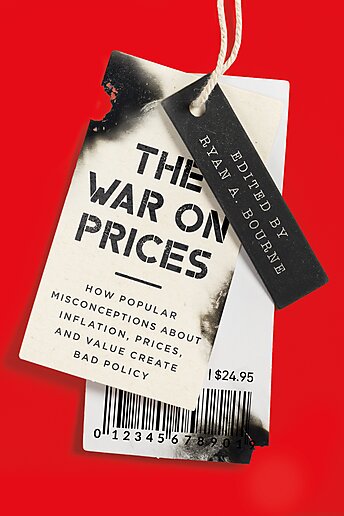The demand for low-rent apartments then becomes enormous. In New York, some former rent-controlled housing has become family heirlooms. A woman went viral on TikTok in 2021 after showing off her redecorated, $1,300-a-month rent-controlled two-bedroom apartment on the Upper West Side, after inheriting her parents’ lease — a place that would rent for three to five times more expensive on the Upper West Side. open market. In Stockholm, Sweden, where strict controls have been in place for decades, the average wait time for rent-controlled housing was 9 years in 2021 and could now exceed 20 years.
The supply-side response is also consistent with economic theory. In 1994, San Francisco extended rent control to small multifamily housing, which had previously been exempt. A study shows that the supply of rental housing from affected landlords fell by 15 percent, with the number of tenants living in these homes falling by a quarter. The lower profitability of rental housing has pushed many owners to sell these units as owner-occupied condos. A 2007 study of the Boston metropolitan area by economist David P. Sims revealed the other side of the coin: the end of rent control increased the supply of rental housing.
This is from Jeffrey Miron and Pedro Aldighieri, “Under Rent Controls, Everyone Pays,” in Ryan A. Bourne, ed., The War on Prices: How Popular Misconceptions About Inflation, Prices, and Value Create Bad Policy. The book comes out today and you can order it on Amazon.
Here is my blurb for the book:
“The Price War is a fantastic book. It comprehensively demonstrates that price controls cause considerable harm, often to those they are intended to help. Of particular interest are the chapters on rent control, oil and natural gas price controls, and so-called junk fees, which are actually fees intended to solve problems that would exist without them. If the chapter on why we should have a free market in water were taken to heart, my fellow Californians and I would be much better off. Read this book and learn. —David R. Henderson, research fellow at the Hoover Institution and editor of The Concise Encyclopedia of Economics.


